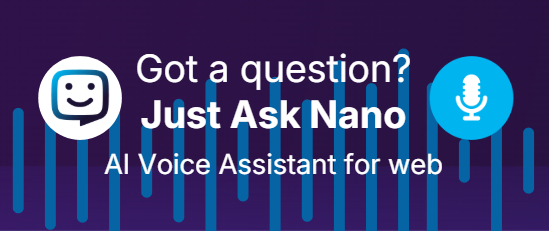
Digital transformation in social housing has been framed as an aspiration – a nice-to-have if budgets allowed. But 2025 looks very different.
With Awaab’s Law legally enforceable from October 2025 and new tenant information rights arriving in April 2027, manual models won’t cope. Too many housing providers are being asked to deliver faster, safer, more transparent services – with fewer staff and higher risk. AI-powered automation isn’t just helpful anymore – it’s essential.
Under Awaab’s Law, landlords will have to investigate reports of damp or mould within 14 calendar days, provide written updates and begin remedial works in a week – or within 24 hours for emergencies.
That’s a high bar on its own. But it's compounded by new information-access rules also coming into force from April 2027, which will require landlords to provide housing management information on request – potentially from thousands of tenants at any time. And adding more staff and more spreadsheets won’t solve the problem.
Where AI Fits – and Where It Doesn’t
At converse360,we’ve worked closely with housing providers to ensure AI delivers real operational value – not just shiny interfaces. Where it can help now:
- Hazard reporting: Automate inbound enquiries and triage 24/7 across any channel (web, voice and messaging e.g. WhatsApp)
- SLA tracking: Monitor compliance with legal timelines incorporated into workflows for investigations and remedial actions
- Information access: instantly delivery policies, tenancy rights, safety information and updates on request - without additional work
- Provide repair updates: Let tenants checn on job progress or request appointments without calling in
- Multi-lingual support: Communicate clealy across diverse communities
- Regulator-ready logs and reports: Provide timestamped proof of actions taken automatically
Where AI is less suited – and where caution is warranted – is in diagnosing root causes, approving charge backs, or making judgments that need human context. It’s a co-pilot, not a replacement.
Is the 2027 Information Access Requirement an Easier Fix?
Unlike Awaab’s Law, the 2027 Tenant Access to Information Act is primarily about structured knowledge access. If your policies are digitised and your CRM or document store is accessible via API, you can meet this obligation quickly and affordably. Your tenant should be able to ask, “What’s the policy on missed repair appointments?” – and get the answer instantly, clearly and in plain language. That’s what AI does best.
Start Small, But Start Now
AI doesn’t have to be an overnight transformation. Many of our customers start with a single high-volume use case – like damp reports or policy FAQs – and scaling to other services once the results are proven.
And the results are measurable. Reduced inbound call volumes, faster response times, clearer communication, fewer complaints. And critically, a comprehensive audit trail as required by the regulators.
Final Thought
We’ve entered a new regulatory era where tenant voice, safety and transparency are non-negotiable. The challenge is steep – but not insurmountable. AI will not solve every issue. But used correctly and with the right approach, it will give housing providers the speed, consistency and confidence to meet their legal obligations – and to deliver the level of service tenants deserve.
And in that sense, I agree with those in the sector who’ve said it plainly: AI could be the only thing that will make Awaab’s Law effective.
If you're looking for practical advice about how to implement AI-powered automation either to fulfil regulatory requirements, or simply to ease the pressure on your customer service teams and improve your services please drop us an enquiry online, or call our office on 0333 6000 360
You can also read our useful guide to learn more about how AI & Automation can help Housing Providers to meet new regulations.







